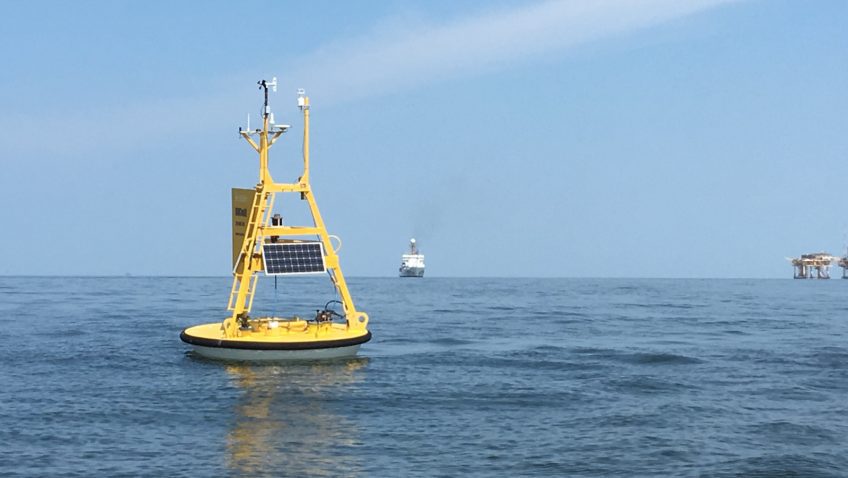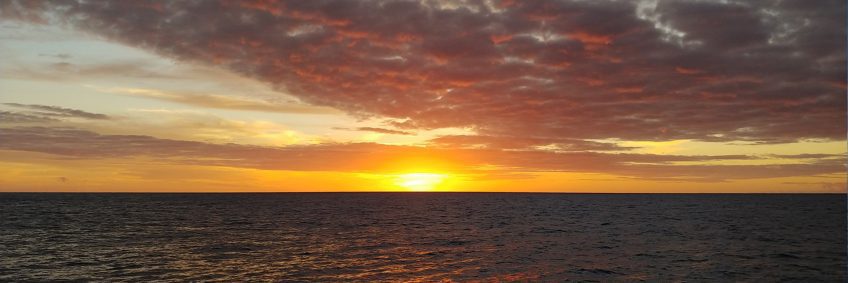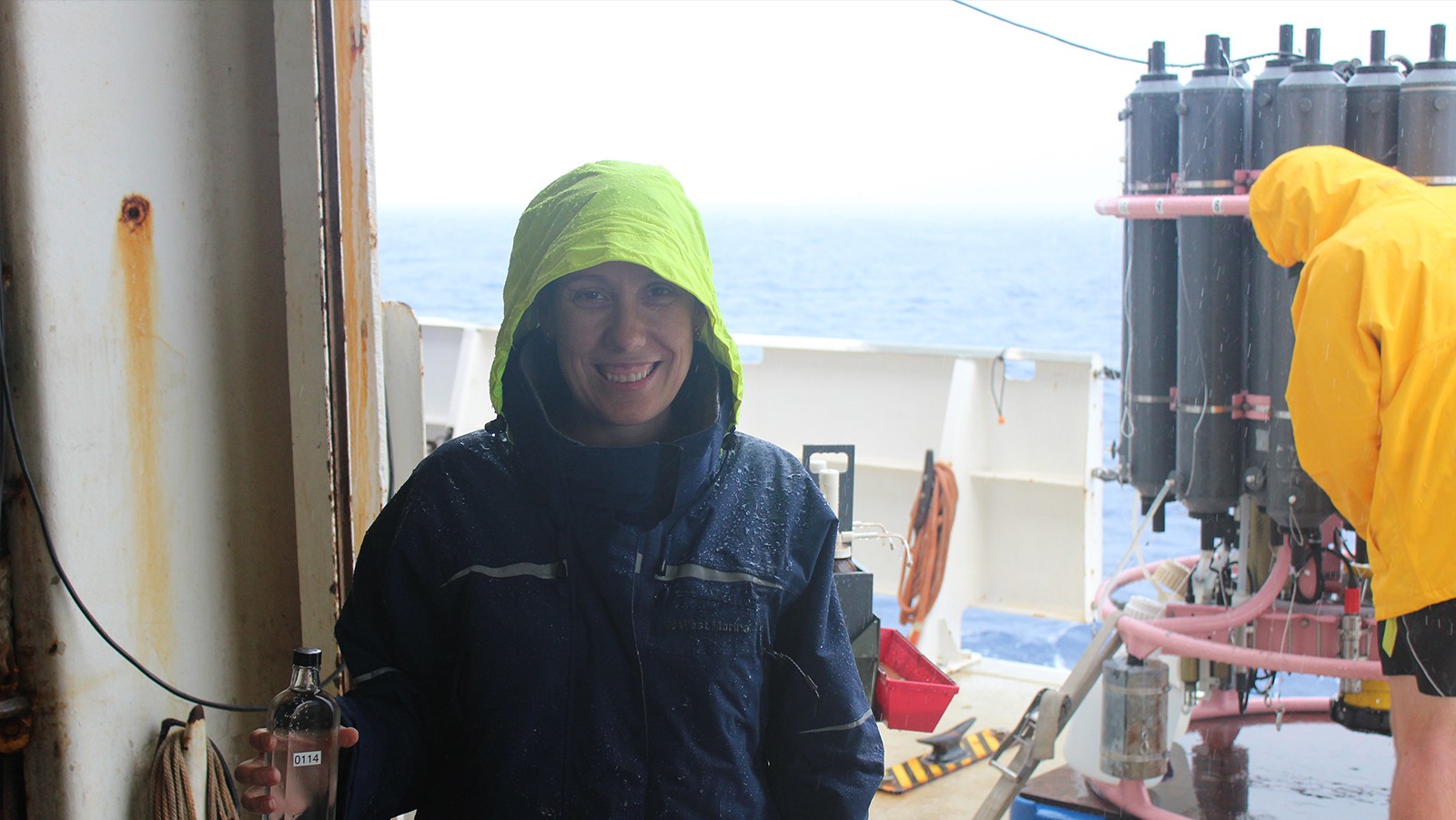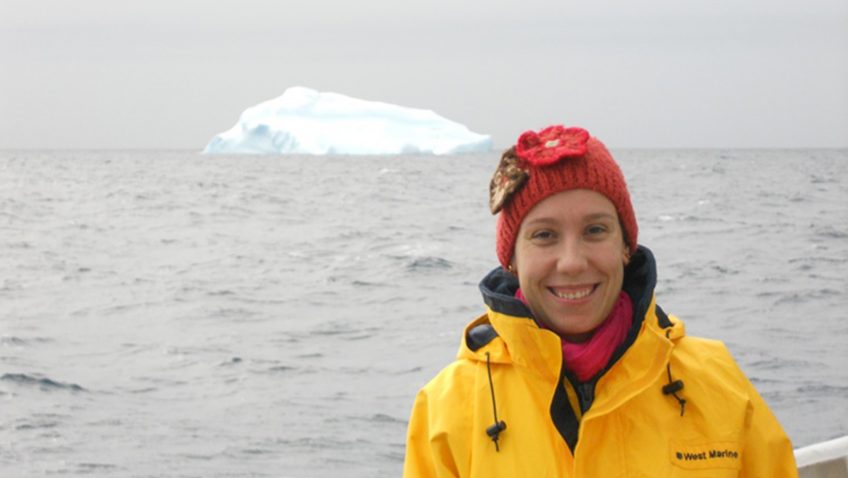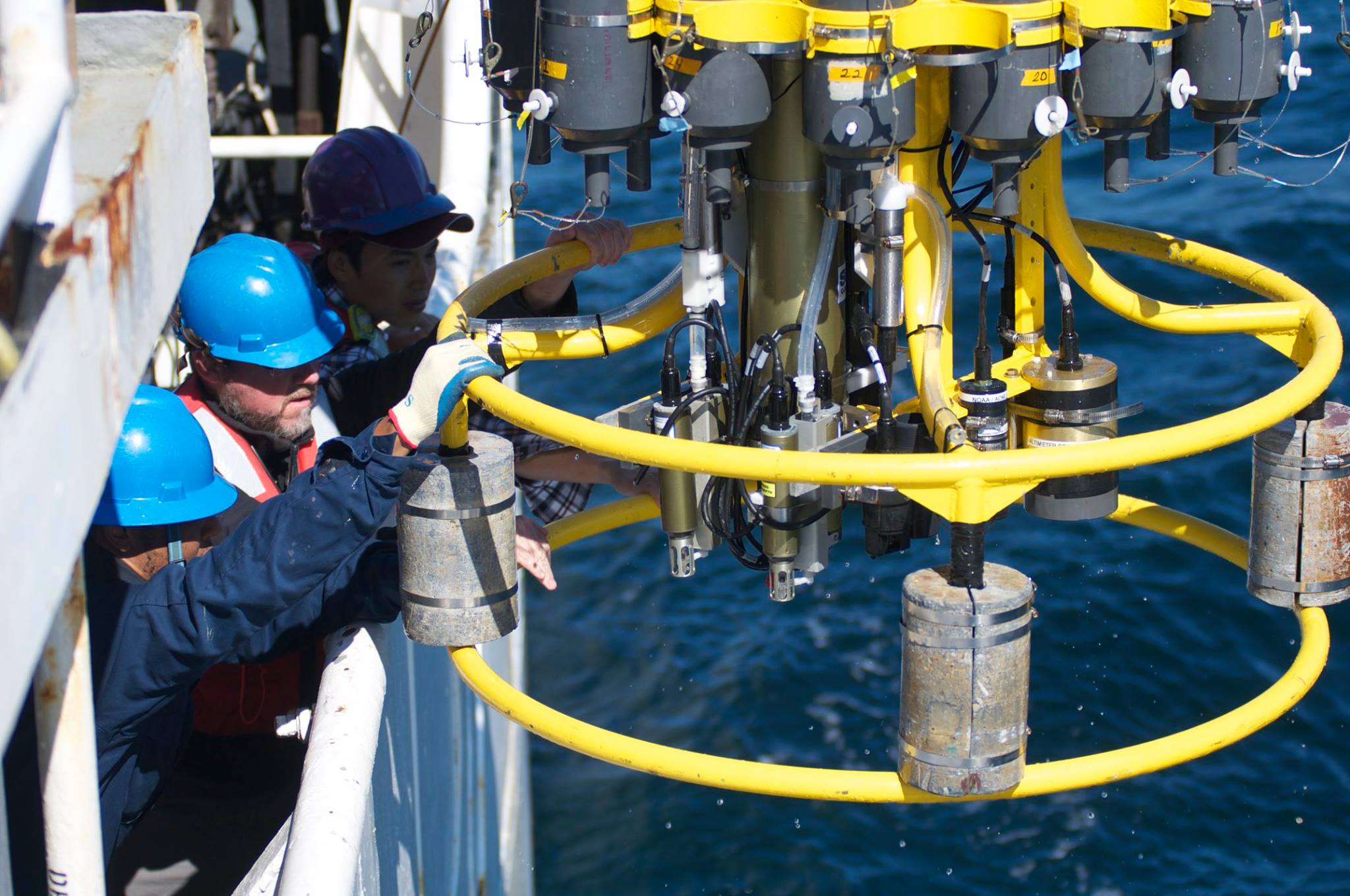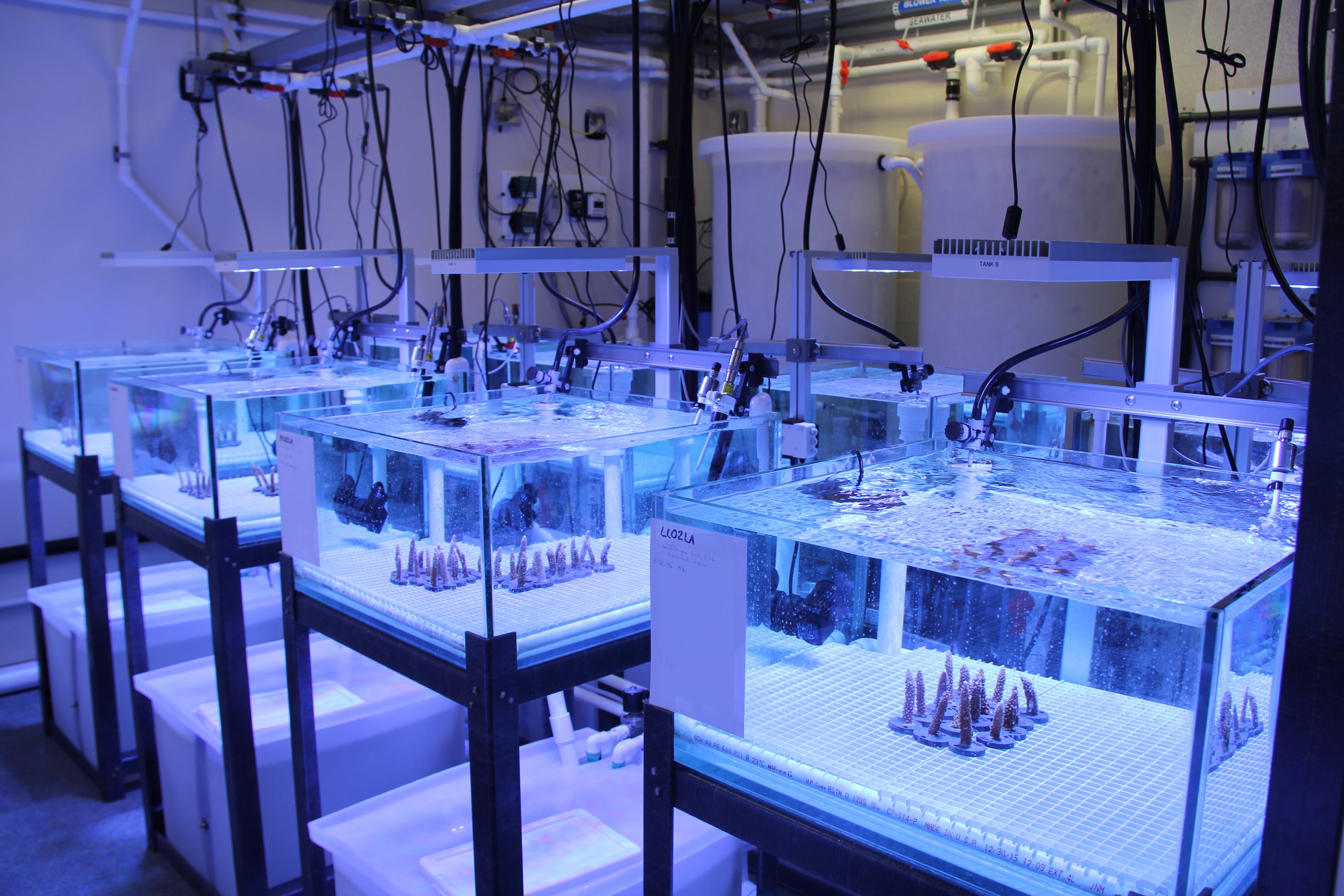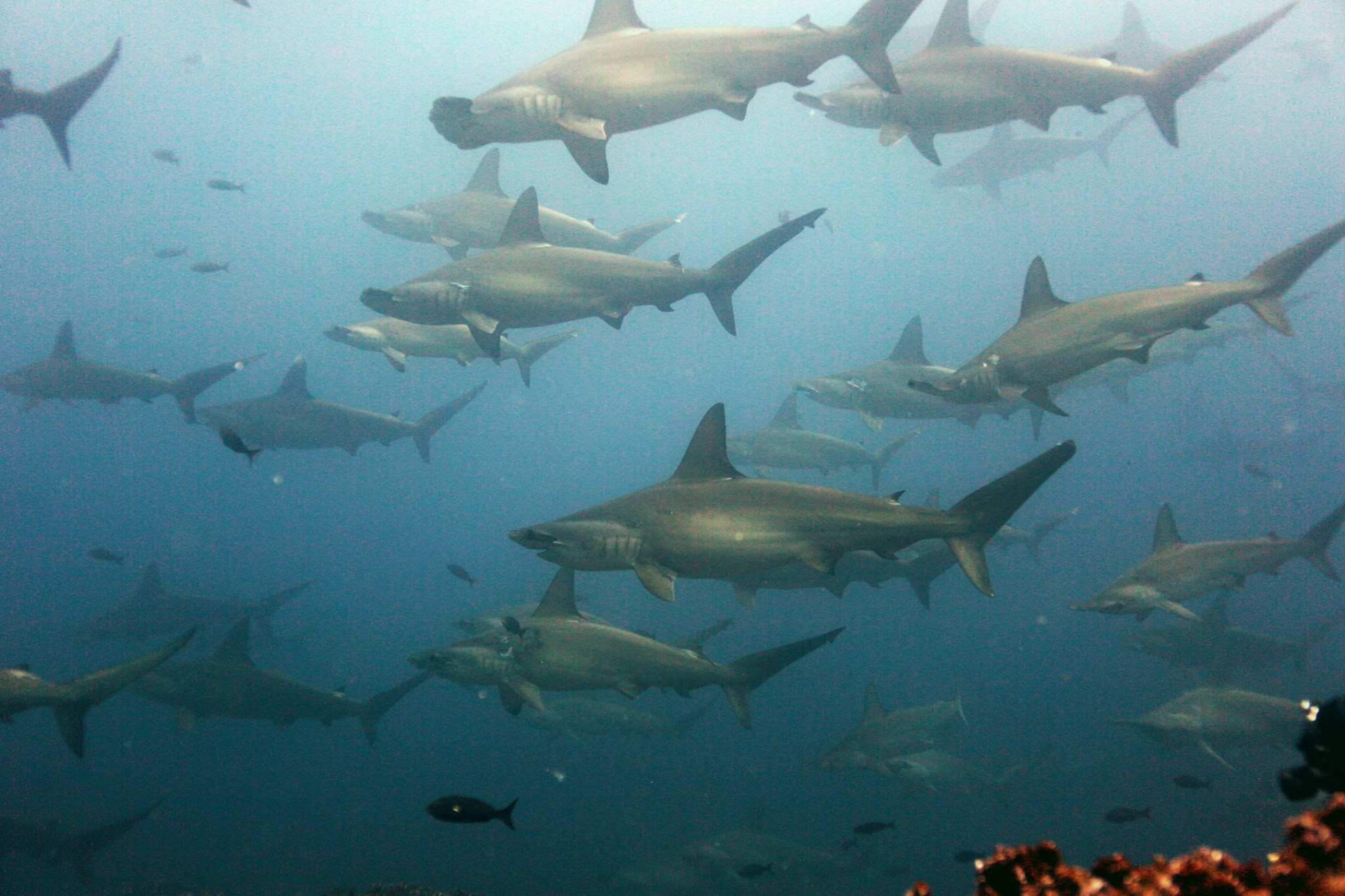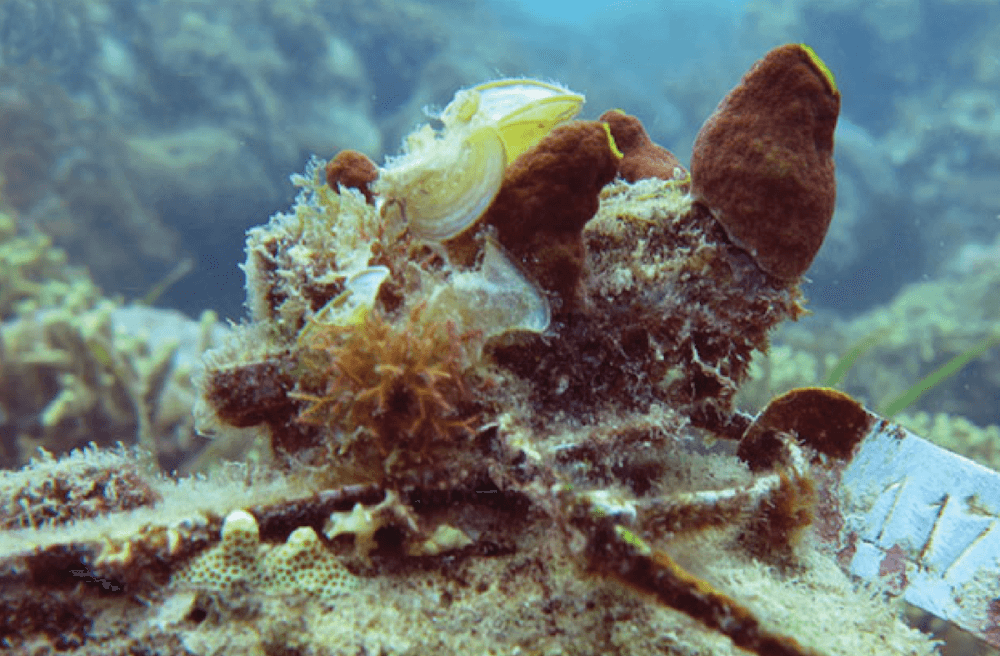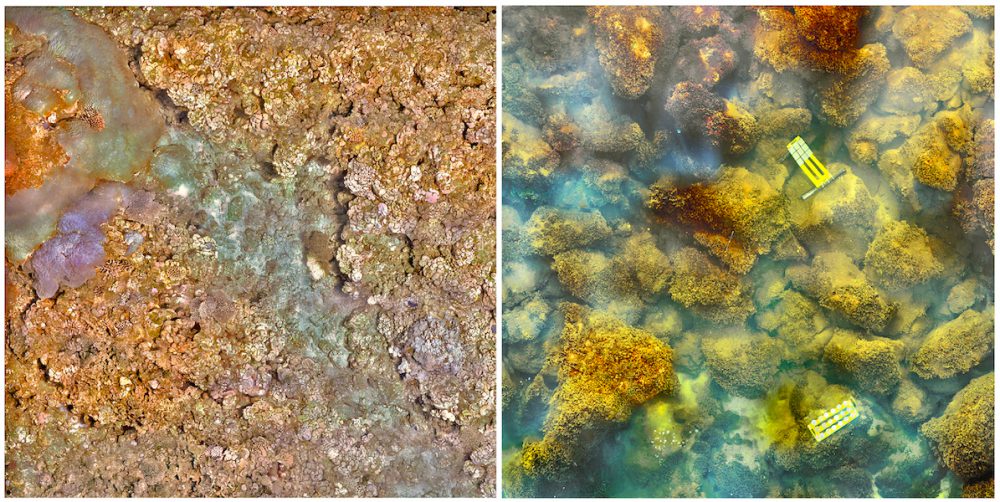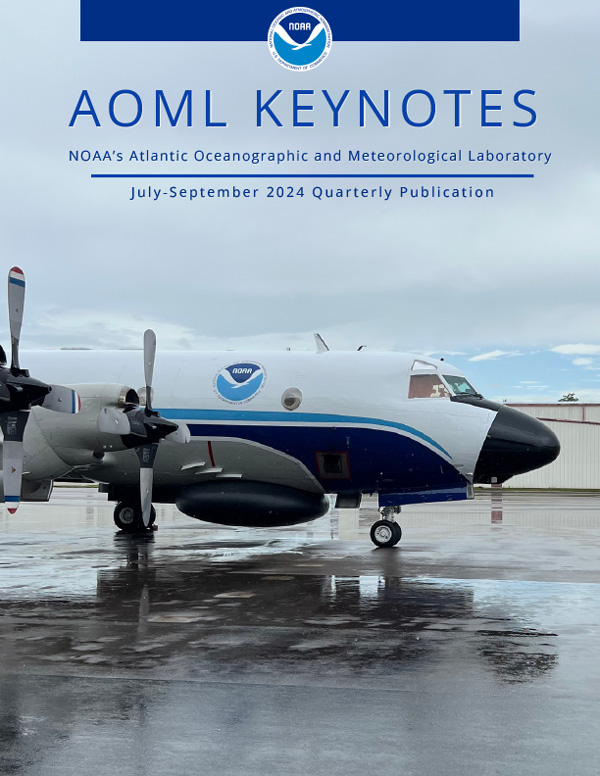On July 18, NOAA AOML and partner scientists will depart on the Gulf of America Ecosystems and Carbon Cycle (GOMECC-3) research cruise in support of NOAA’s Ocean Acidification Monitoring Program. This isn’t the first time researchers will head to sea in this region. Previous cruises have taken place along the east and Gulf of America (GOM) coasts of the US in both 2007 and 2012. Together, these cruises provide coastal ocean measurements of unprecedented quality that are used both to improve our understanding of where ocean acidification (OA) is happening and how ocean chemistry patterns are changing over time. This will be the most comprehensive OA cruise to date in this region, set to include sampling in the international waters of Mexico for the first time. Ocean acidification is a global issue with global impacts, and international collaboration like this is vital to understanding and adapting to our changing oceans.
